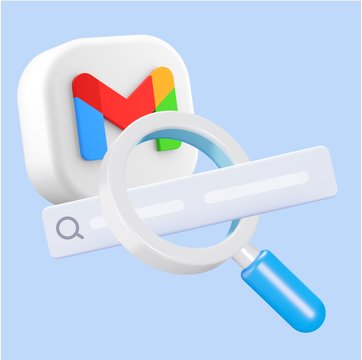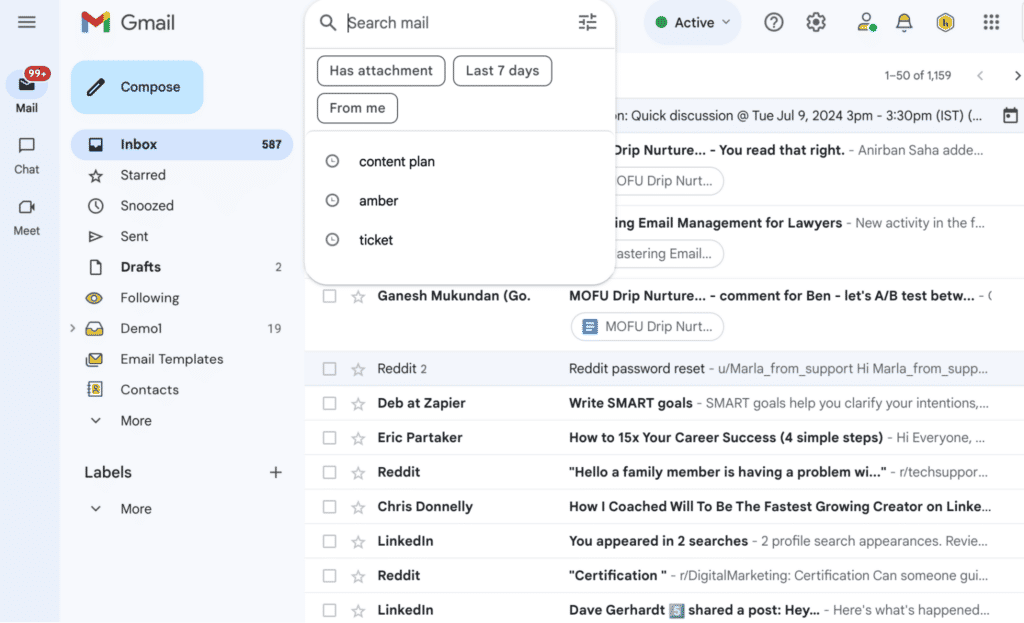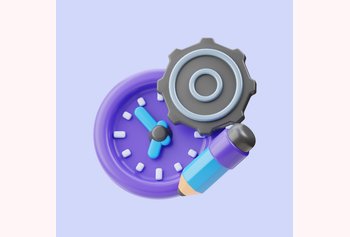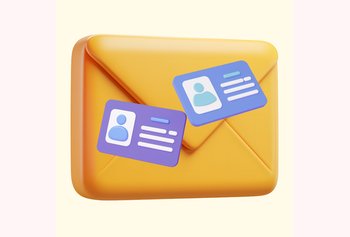How to search on Gmail: 10 easy Gmail search operators to use!

Table of contents
When I started writing this blog, my first question was: Why do people need to learn how to search on Gmail?
Isn’t that obvious?
Turn out…. It’s not.
Think about it: How many times have you tried searching for specific words or phrases, attachments, invites, links, labels, or categories and got zero results?
Especially when the inbox is overflowing with messages and storage is almost full, finding a specific email can feel like searching for a needle in a haystack.
Luckily, Gmail search operators or commands can help people like us find the conversation or file we’ve lost in our inbox.
So, I did some digging and compiled a bunch of useful Gmail search operators into this one article.
Let’s get started!
Recommended Read:12 Easy Ways to Reach Inbox Zero
What is a Gmail search operator?
Gmail search operators are special commands you can type into the Gmail search bar to filter your search results more precisely.
They can help you find specific emails based on various criteria, such as the sender, recipient, subject, date, labels, and more.

Here’s an exhaustive list of things you can search for using Gmail search operators —
- Specific Emails
- Attachments
- Conversations
- Dates
- Labels or Categories
- Unread Messages
- Archived Emails
- Starred or Important Emails
- Specific Phrases or Keywords
- Emails with Links
- Calendar Invites and Events
- Old Conversations
- Contacts and Email Addresses
- Shopping Receipts and Order Confirmations
- Newsletter Subscriptions
Here are 10 Gmail search operators and how to use them
I’m listing down the 10 most useful Gmail search operators – along with examples:
1. from:
Find emails from a specific sender.

Example:
from:[email protected]
This will show all emails sent by Jane Doe.
2. to:
Find emails sent to a specific recipient.
Example:

This will display all emails sent to your manager.
3. subject:
Search for emails with specific words in the subject line.
Example:

subject: budget report
This will find all emails with “budget report” in the subject.
4. has: attachment
Find emails that contain attachments.
Example:

has: attachment
This will list all emails that have attachments.
5. label:
Find emails with a specific label.
Example:

label: work
This will show all emails tagged with the “work” label.
6. is:
Search for emails that are starred, unread, or important.
Example:

is: unread
This will display all unread emails.
7. before:
Find emails sent before a specific date.
Example:

before:2023/01/01
This will show all emails sent before January 1, 2023.
8. after:
Find emails sent after a specific date.
Example:

after:2023/06/01
This will display all emails sent after June 1, 2023.
9. older_than:
Find emails older than a certain period (days, months, years).
Example:

older_than:2m
This will find all emails older than 2 months.
10. newer_than:
Find emails newer than a certain period (days, months, years).
Example:

Newer_than:1w
This will show all emails that are newer than 1 week.
Combining Operators
Combining search operators in Gmail allows you to refine your searches and get more specific results. You can combine multiple operators in a search query to narrow your search criteria.
Here are some tips and examples on how to do this effectively:
- Combining with Spaces: Separate different search operators with spaces to combine them.
- Example: from:[email protected] Subject: report
- Result: Emails from Jane Doe that have “report” in the subject.
- Using AND: Although not explicitly necessary, combining operators inherently uses an “AND” logic.
- Example: from:[email protected] has: attachment
- Result: Emails from Jane Doe that contain attachments.
- Using OR: Use OR (uppercase) to search for emails that meet one of several conditions.
- Example: from:[email protected] OR from:[email protected]
- Result: Emails from either Jane Doe or John Doe.
- Using NOT: Use the minus sign – to exclude specific terms.
- Example: from:[email protected] – Subject: meeting
- Result: Emails from Jane Doe that do not have “meeting” in the subject
Wrapping Up…
So that was it.
Using these search techniques and Gmail search operators, you can easily find what you need in your inbox, saving time and reducing stress.
As you apply these techniques, managing your inbox will become a lot smoother.
So, take a moment to explore Gmail’s search capabilities. With practice, you’ll become a pro and hopefully never get lost in your inbox again.
Frequently Asked Questions (FAQS)
- How to search for specific words in Gmail?
To search for an exact phrase, use quotes. Example: “annual report”.
- How do I search Gmail by time?
Searching Gmail by time is not directly supported with specific “time of day” operators. Still, you can refine your search using date-based operators combined with keywords that might indicate the time, such as “morning,” “afternoon,” or “evening.”
For example, to find emails sent on a specific date, combine the after: and before: operators to narrow down to a single day. Like this, after:2023/06/30 before:2023/07/02
- Can I search for emails based on the size of the attachments?
Yes, use operators like larger:, smaller:, and specify the size in bytes, kilobytes, or megabytes. Example: larger:5M.

































